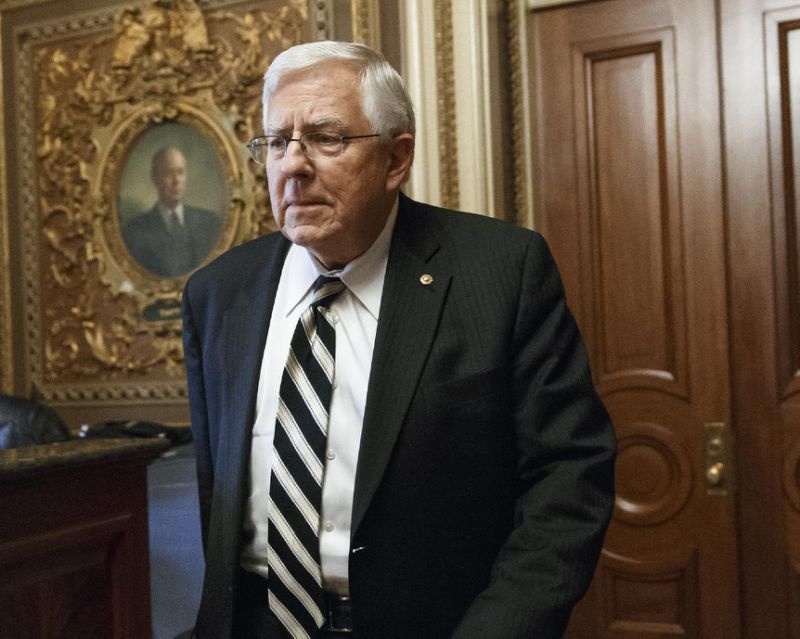You may have been wowed by the furious final week of this congressional session before they recessed for the nominating conventions. There was a nearly fifteen-month extension of the Federal Aviation Administration authorization. They also sent legislation to combat opiate addiction to the President’s desk. The House passed the fiscal year (FY) 2017 Interior and Environment spending bill. But more emblematic was the Senate stalling on the FY17 defense spending bill again. Of course it depends on what “wows” you.
There was another action that got less attention but certainly interested us budget geeks. After working with the others on the committee in bipartisan fashion, Senate Budget Committee Chairman Mike Enzi (R-WY) unveiled some recommendations to fix “America’s Broken Budget Process.” Good on him. Both for bringing this to the fore, but also for concentrating on the achievable.
 |
|
Sen. Mike Enzi (R-WY), Chairman of the
Senate Budget Committee
|
To make budget directions stick, Enzi recommends changing the threshold to waive them. Currently, Senators can raise a budget point of order to a spending or revenue provision, but it can be waived by 60 votes. He recommends that de minimus (small) changes should be automatically waived, but larger ones should be subject to a two-thirds majority.
Another recommendation is to force the Senate to pay attention to the dozen spending bills that fund government each year. To his point, the Senate has only passed two spending bills so far, with the aforementioned defense bill stalled. His remedy: once a budget resolution is agreed upon, no non-appropriations measures could be considered until the August recess (unless a two-thirds majority determines otherwise).
Another challenge for the Budget Committee and budget procedures is that they were created in 1974, amid an era of committee chairman that found themselves in power for decades. This meant they ceded the minimal amount of power to this upstart committee. Enzi envisions giving the Budget Committee power to form subcommittees to pursue recommendations from the Government Accountability Office and others, and to review portfolios of government spending and tax policy targeted toward particular policy goals. Properly invoked, this is the kind of oversight TCS has been crying for since our inception.
Accounting rules go back even further, as Chairman Enzi – an accountant – knows too well. He proposes a new nonpartisan commission to “comprehensively review government accounting rules and propose changes that would improve the quality of budget information used by the executive and legislative branches.” He highlights lack of recognition for the benefit of capital investments, but we would also flag the importance of incorporating accrual accounting in addition to cash accounting of our nation’s obligations.
Recognizing the budgetary straights the U.S. finds itself in, Enzi recommends creating enforceable, long-term spending targets. This has been tried with Gramm-Rudman-Hollings in the 1980s and more recently with the Budget Control Act of 2011. In both cases, Congress and the President found ways around them. That said, they were somewhat of a limiting factor. Sure, they gamed the system, but at least there was a system to be gamed, and without that system, there would have been no check. But to additionally tackle that growing debt Chairman Enzi recommends a “BRAC”-style (independent commission to make recommendations that Congress would have to consider and approve/reject as an unamendable package) commission to recommend cuts/reforms.
Finally, Chairman Enzi recommends moving to a biennial budget/appropriations process. We’re not entirely convinced that this will relieve the deadline budgetary pressures. But, if as his package predicts, the country exchanges a budgetary deadline crisis every year for one every two years, we guess we’ll take that.
So after an underwhelming summer, we’ll take these recommendations from the Senate Budget Committee and put our support toward them!










